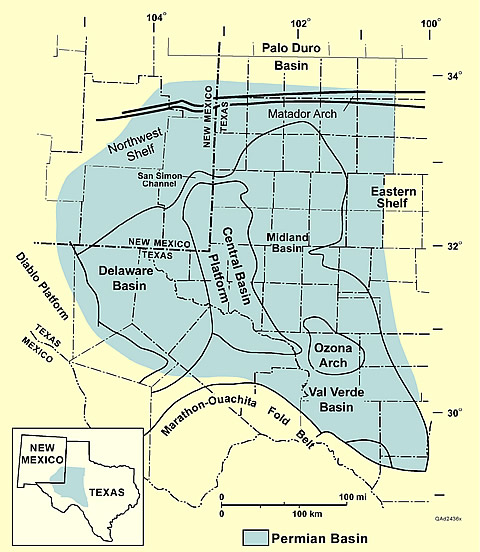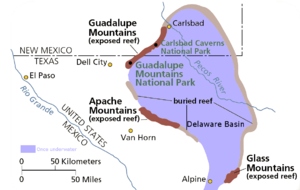In September 2016, Oklahoma experienced a 5.6-magnitude earthquake near the town of Pawnee. The quake was the first in a series that started on the morning of Saturday September 3, 2016. While no one was severely hurt or killed during the earthquake, somey buildings suffered moderate to severe damage. The quake was the second largest in Oklahoma history and was felt as far away as Chicago and Austin, Texas. After the 5.6 magnitude earthquake struck in the morning, several smaller earthquakes occurred weighing in at magnitudes of 3.6, 3.4 and 2.9, according to an article in The New York Times.
One prominent theory for the cause of these quakes in states such as Oklahoma and Texas is that these earthquakes are the result of high pressure injection of wastewater from fracing into wastewater disposal wells. The theory is that wastewater is injected into the ground under such high pressure that the wastewater is able to percolate between the rocks in the ground and can act as a lubricant allowing stressed fault lines to slip. The sudden release of pressure from slipping fault lines then causes earthquakes, or so the theory goes.
The Oklahoma Corporation Commission, which is the Oklahoma agency that regulates oil and gas production activities within that state, ordered more than three dozen wastewater disposal wells within five hundred square miles around where the earthquake occurred to be shut down, even though the United States Geological Survey (USGS) could not attribute the earthquakes to wastewater injection well activity in the area.





